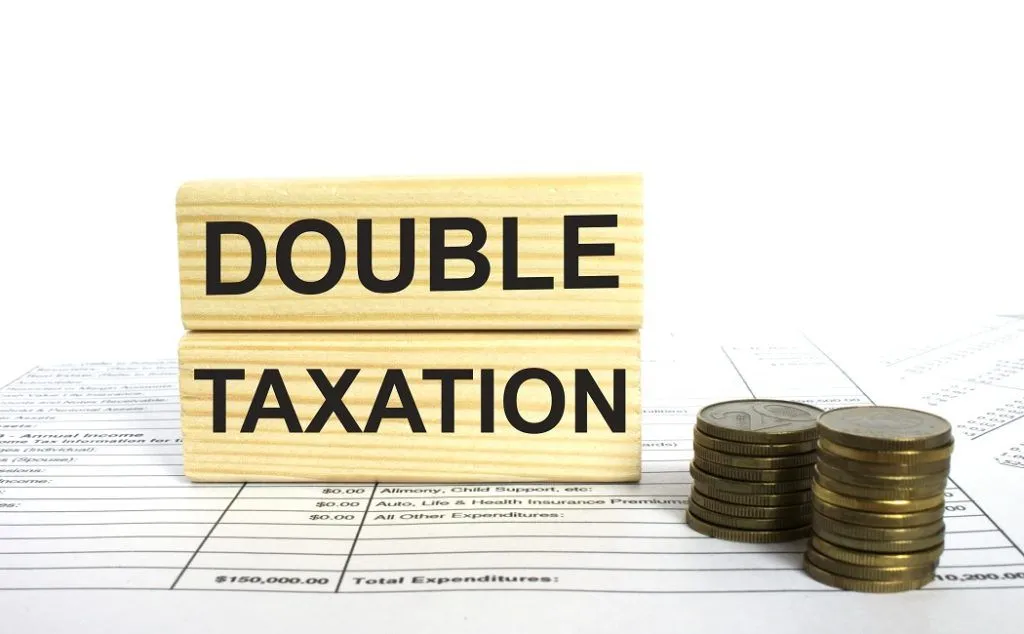Businesses Worry About Double Taxation Under Proposed Rule. Austin Some businesses are worried about how they could be taxed in light of a proposed amendment by the Texas Comptroller’s Office.
Since the current regulations pertaining to taxable data processing services were established in 1987, Texas Comptroller Glenn Hegar said in September that he intended to revise them. Clarifying what qualifies as such services is the goal of the amended rule.
“Computerized entry, retrieval, search, compilation, manipulation, or storage of data or information” is how the proposal defines a data processing service. Some firms are worried that they would be subject to double taxation as a result of this definition.
When a business sells a product, they are already required to pay sales tax. According to the proposal’s wording, companies may now be required to pay a tax in order to list their goods on an online marketplace if the marketplace does not already include this tax in the fees that sellers must pay.
According to Robert Strong, chief operating officer of Pretty Thai, an Austin-based business, 35–40% of his company’s income comes from internet sales. Strong worries that his firm may suffer if he must pay an additional tax on top of the sales tax.
“With a product like ours, fees are challenging, so even the idea of raising the price of our product is a big red flag,” Strong stated. “As it is, our margins are extremely narrow.”
A group of small businesses from Texas also brought attention to these issues in a letter to Hegar urging him to reevaluate the idea, emphasizing how “double taxation will seriously hurt [their] businesses.”
The proposed rule is “an effort to help online marketplaces navigate the realities of the tax statures,” according to Hager’s opinion piece.
Hager added that his staff “helped draft a workable bill” to “exempt [such] fees from tax” in the 2023 legislative session since he understood the concerns expressed by businesses. Those attempts did not get very far during that legislative session.
Hager stressed in the opinion piece that although lawmakers have the “ability to change the law,” he must continue to implement the existing taxation regulations until the law is changed.


 by
by 




